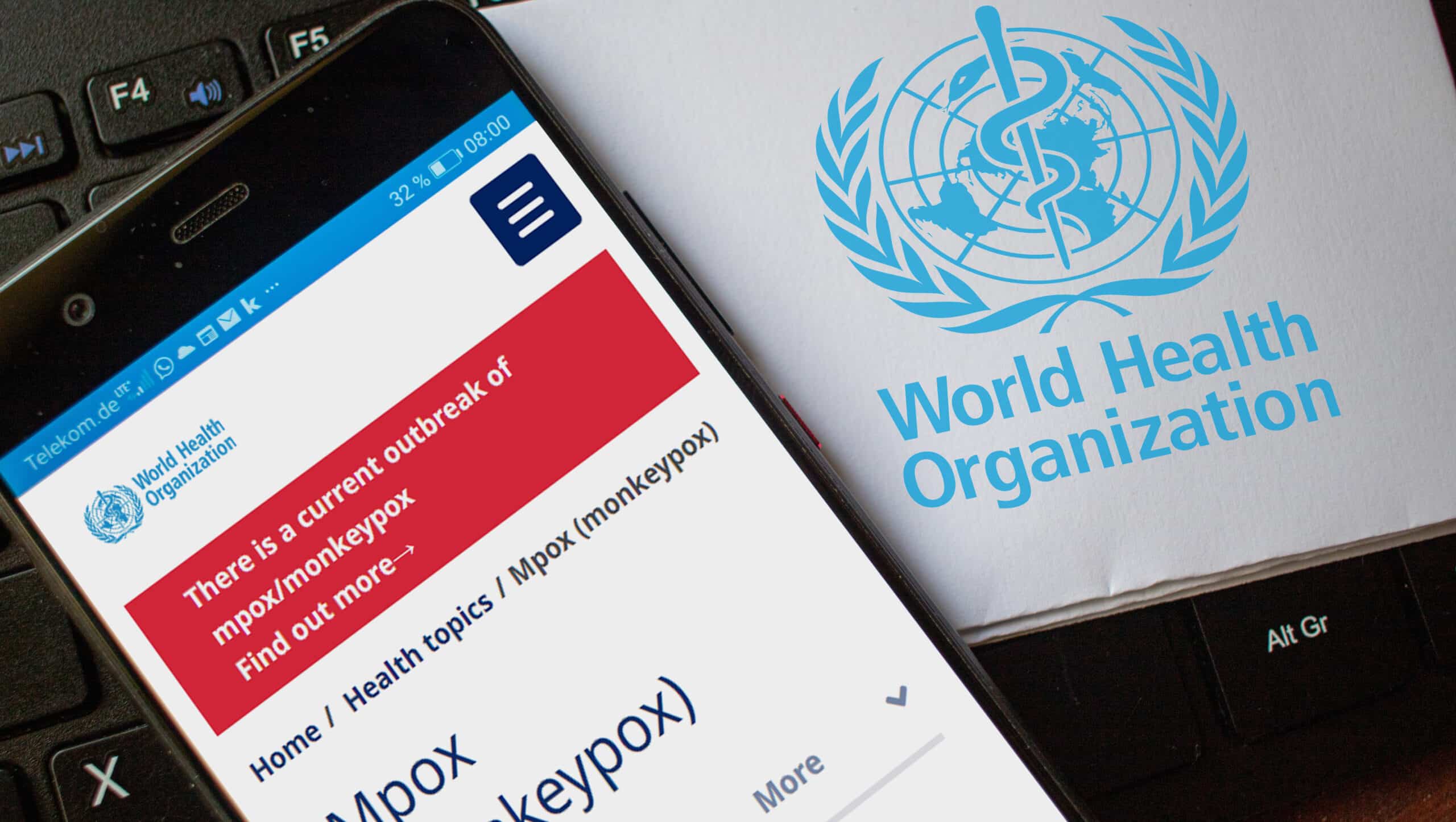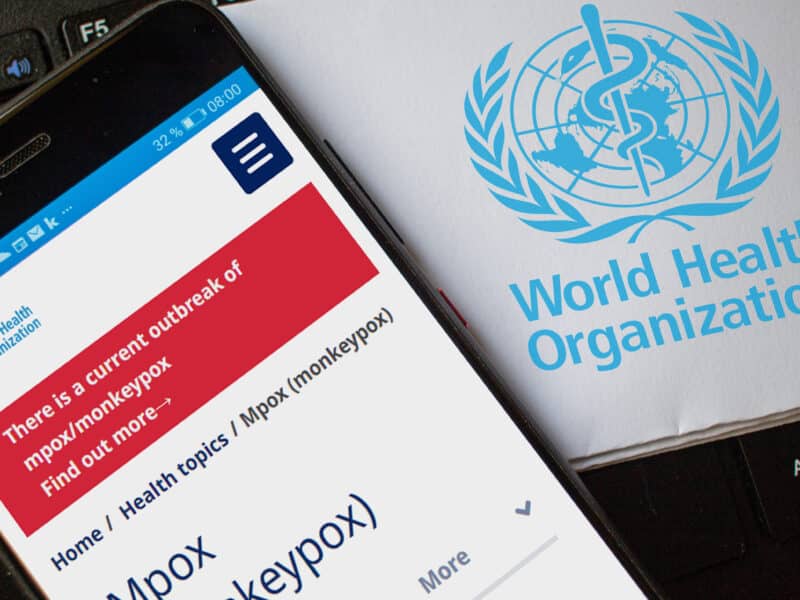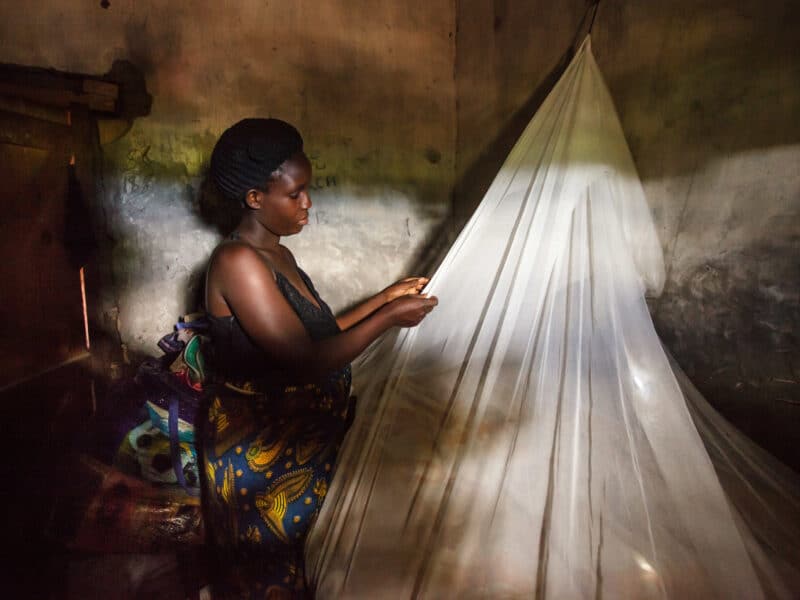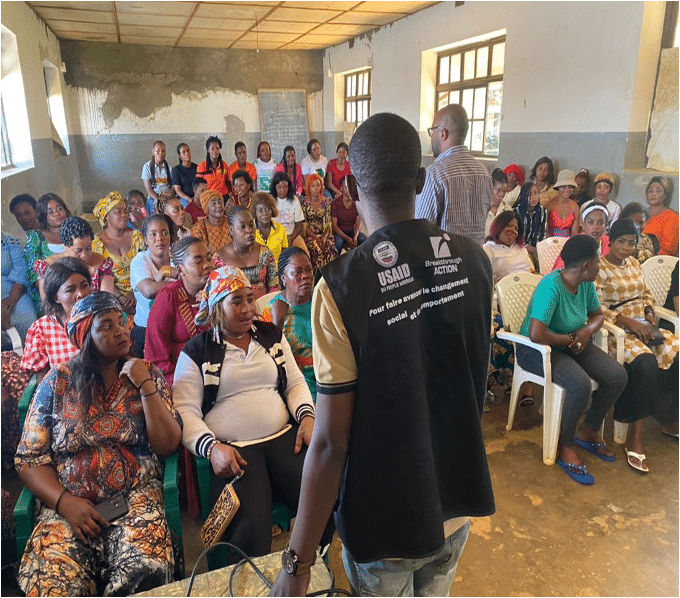Three staff members from the Johns Hopkins Center for Communication Programs are among a large group of experts from across global health who have contributed to new World Health Organization guidance on conducting mpox research in places in Africa that are being impacted by the current outbreak.
Since Jan. 1, 2024, mpox, a deadly virus akin to smallpox that spreads through close contact, has been spreading in the Democratic Republic of the Congo and its neighbors. As of March 28, 2025, laboratory testing has revealed 26,800 mpox cases and more than 94 deaths. Many experts believe the numbers are much higher.
“Mpox remains a serious public health challenge, affecting communities worldwide,” the WHO’s Nedret Emiroglu and John Reeder wrote in the foreword of the interim guidance report.
“Controlling its spread and reducing its impact requires more than medical interventions—we must also understand how people and communities respond to the disease. Social and behavioral research is essential to ensuring that public health measures are practical, effective, widely accepted, and do not inadvertently do harm through wider social and economic impacts.”
Elizabeth Serlemitsos, who directs the CCP-led Breakthrough ACTION project, was among those who contributed to the guidance.
The WHO guidance, she says, is to help researchers and people commissioning research to approach it with a set of ethical standards and good research practices so that the work can be scaled quickly in an emergency. Instead of taking years to issue the guidance, WHO was able to pull together this working group to create it in months. The WHO declared the current Central and Eastern Africa mpox outbreak a Public Health Emergency of International Concern in August 2024.
“Whenever we do any kind of behavior change work, it’s always grounded in research,” she says. “So, you need to understand what the community’s perceptions are, what their behaviors are, what the risk factors are, et cetera, and you can’t figure that out without talking to members of the community. This guidance reinforces the value of engaging directly with affected communities.”
Along with Serlemitsos, CCP’s Alex Jackson, a senior program officer working in the DRC, and Olayinka Badmus, who, at the time, was deputy project director of Breakthrough ACTION-Nigeria, also contributed to the report.
“In responding to mpox in the DRC, we’ve seen firsthand how vital it is to listen to communities – not just to inform them, but to learn from them,” Jackson says. “This guidance helps ensure that social and behavioral research is not an afterthought but a core pillar of outbreak response, shaping strategies that are ethical, inclusive, and truly effective.”
Says Badmus: “It is vital that we continue to champion community-led, participatory research, because communities are the true custodians of their lived experiences. Together, we can reshape how evidence is generated and applied, ensuring it is both timely and deeply rooted in the realities of those it is meant to serve.”
Serlemitsos says that the CCP contributions strengthen the message that social and behavior change approaches, which are central to risk communication and community engagement, are valuable and continue to be key to developing the tools and resources that people need to conduct a better emergency response.
During the West African Ebola outbreak from 2014 to 2016, more than 28,600 people had been infected and 11,325 people died. Serlemitsos was leading CCP’s work in Liberia, Sierra Leone and Guinea during the outbreak. She has seen a real evolution of emergency guidance since those early days of the crisis.
“What I’ve really appreciated is watching WHO learn the lessons from the Ebola outbreak and applying what they learned about the real value of engaging with communities when dealing with a public health emergency,” she says. “And this continues to build on all of the work that came out of Ebola.”





